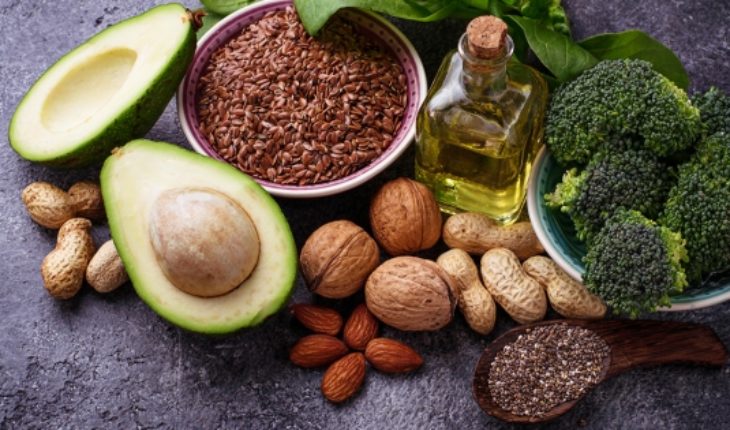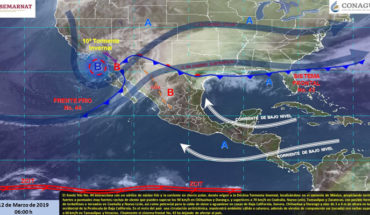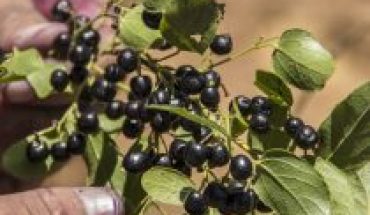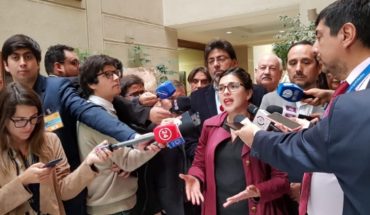published by the newspaper El Pais questioned the benefits of the so-called superfoods c OMO the quinoa, chia seeds, oil of coconut, spirulina, or kale.
According to experts interviewed by the media, names and exotic backgrounds have made this a category created for the marketing and social networks than by the scientific community.
“It’s a new fashion. Why we called them superfoods? “They have practically the same characteristics than others, but some are and others don’t”, said Gemma del Caño food industry expert, who explained that they are usually included in this category of foods by the fact of being “new and unknown”, “exotic” and “with some nutritional that differentiate them or component can be attributed to a specific function”.
“Much of the responsibility for this is industry, which promotes the consumer a need that really has no”, ensures the spout.
While online they are around hundreds of publications of alleged properties and benefits of this type of food, for the vast majority of cases there is no scientific evidence confirming these virtues. In fact, nutritionists say that a healthy diet should be balanced and varied and there are various healthy foods in our everyday environment that can be leveraged.
For Miguel Angel Lurueña, PhD in food, the superfoods technology “suddenly, they burst and seems to be the saviors of our health,” in addition to being “perceived as a way to compensate for a poor diet and a few bad habits”.
“If something seems too nice as it is very likely to be true than it”, says Lurueña. “The reality is not simple as take a broccoli and think that so the problems are going to disappear,” he recalls.
For Estefanía Toledo, of the University of Navarra, the need to find “easy solutions” to a complex issue such as adopt a balanced diet generated false expectations in many consumers. “The message conveyed is that it gives equal with what will accompany [los superalimentos] and the rest of the diet”.
That reinforces the idea that there is to eat healthy and balanced “as a whole” to have an adequate supply of nutrients.
In fact, even if some of the so-called superfoods “have a very interesting nutritional value (…) no food is a magic pill that we go to cure everything.”
Toledo believes that “there are things that can not be healthy but have a strong marketing and marketing leads us to consume, is designed for that”.
Experts warn of the dangers of misinformation. For Cano the distrust of traditional food production and anxiety provoking health problems make vulnerable people against misinformation provided by those who take advantage of “media studies or half-truths”. Toledo proposed that direct mail is more regulated so that “assertions which are not substantiated” can not be done. He also believes that it should encourage more information campaigns and differentiated tax “healthy foods and less healthy foods”.
translated from Spanish: Denies that the superfoods have special properties
September 9, 2018 |





